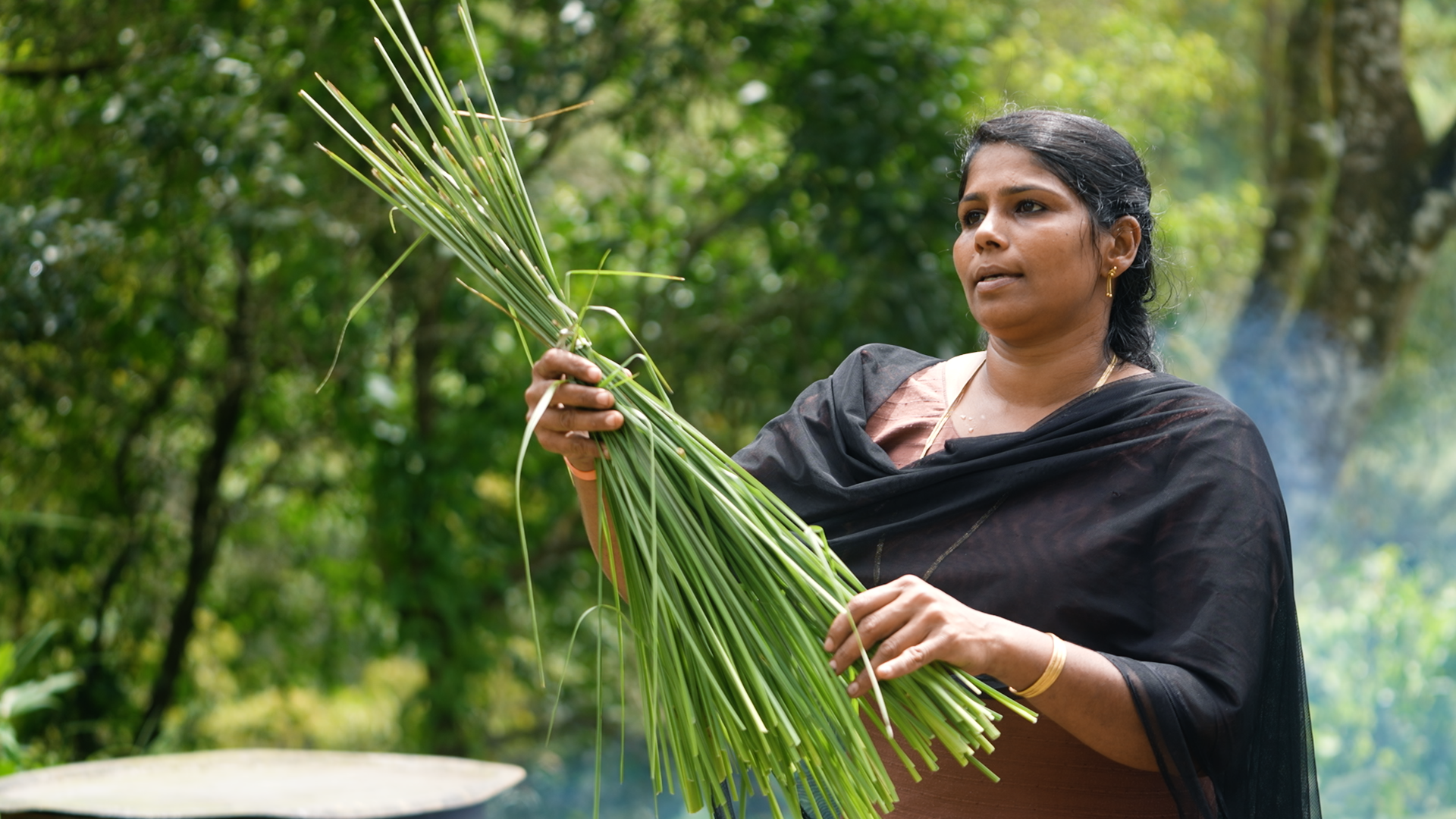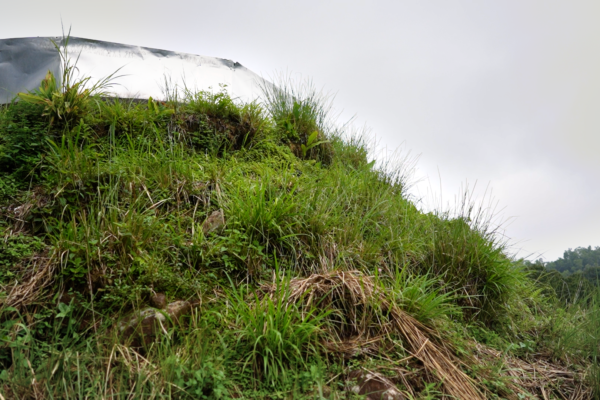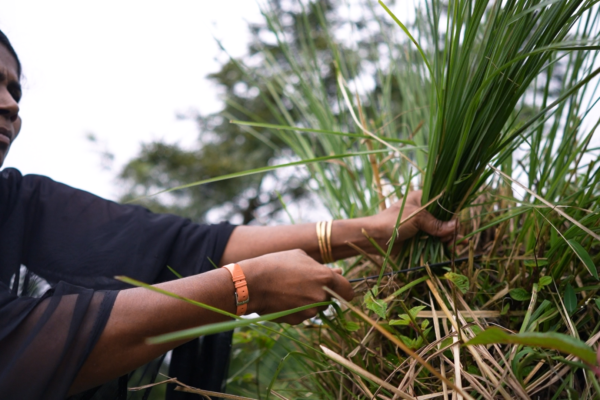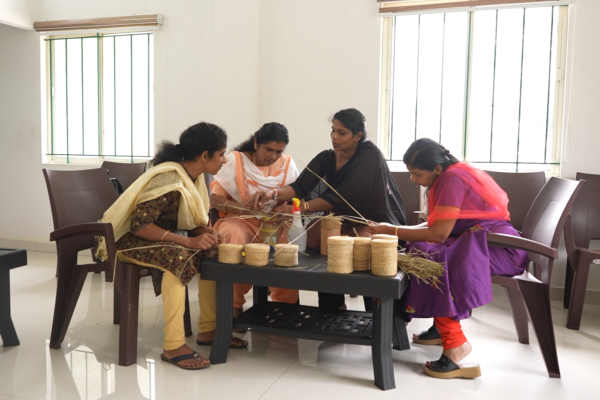In the lush landscapes of the Western Ghats, farmers have long relied on Vetiver grass in combating soil erosion. For Betty Joseph belonging from Sahyadri Organic Small Farmers Consortium, this age-old wisdom has been seamlessly woven into her regenerative agriculture practices that marks as a harmonious blend of tradition and innovation.
Yet, amidst the verdant fields and rolling hills, a disparity looms large. While farming activities are predominantly carried out by family members, land ownership remains in the hands of men. Historically, women farmers were marginalized as various initiatives such as capacity-building activities and technology transfers frequently prioritized men. Consequently, female members in these communities often face significant financial dependency on their male counterparts. In recognition of this imbalance, Sahyadri Organic Small Farmers Consortium has embarked on a transformative journey towards gender empowerment within the agricultural landscape. By integrating the Vetiver program into the value chain as part of Fairtrade Gender Leadership School (GLS) mini project, a beacon of opportunity emerges for women in the community. This is achieved through the implementation of a sustainable packaging solution, i.e., creation of gift baskets crafted from Vetiver grass for organic spices. The vision of this program has been to cultivate a Vetiver-based microenterprise that not only empowers women to increase their income but also take center stage in the spice value chain addition.
Today, the program has generated a remarkable sum of Rupees 15,540 through basket sales alone. Sourcing materials from local communities not only supports sustainable practices but also provides them with an opportunity to generate additional income through an alternative use of the grass. Yet, the true essence of this program exceeds the economic gains. For Betty and her fellow women, it marks a turning point from a passive observation to active participation. With each passing day, Betty and her peers are crafting their own stories of empowerment by stepping boldly into the roles of entrepreneurs and breadwinners. With the additional income firsthand, she is now able to achieve the financial freedom and depend on her own saving. With diligent saving practices, she is able to shape her future according to her aspirations and dreams. As she thrives economically, her family also reaps the benefit by experiencing improved financial stability.
This program is a catalyst for transformative change in the lives of women. The impact of this endeavour resonates through the region with tangible evidence of progress and empowerment. Each basket sold represents more than just a product. It symbolizes resilience, opportunity, and a brighter future for women in the farming community. 







